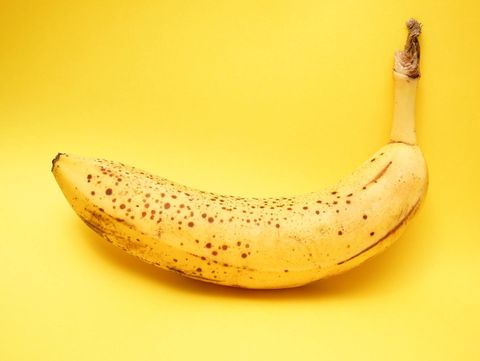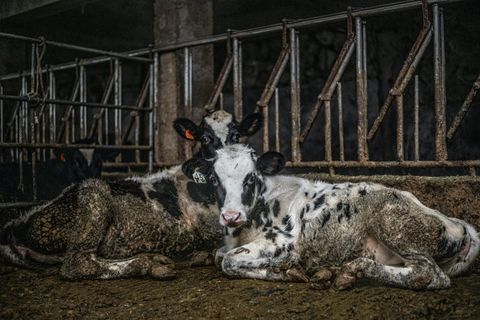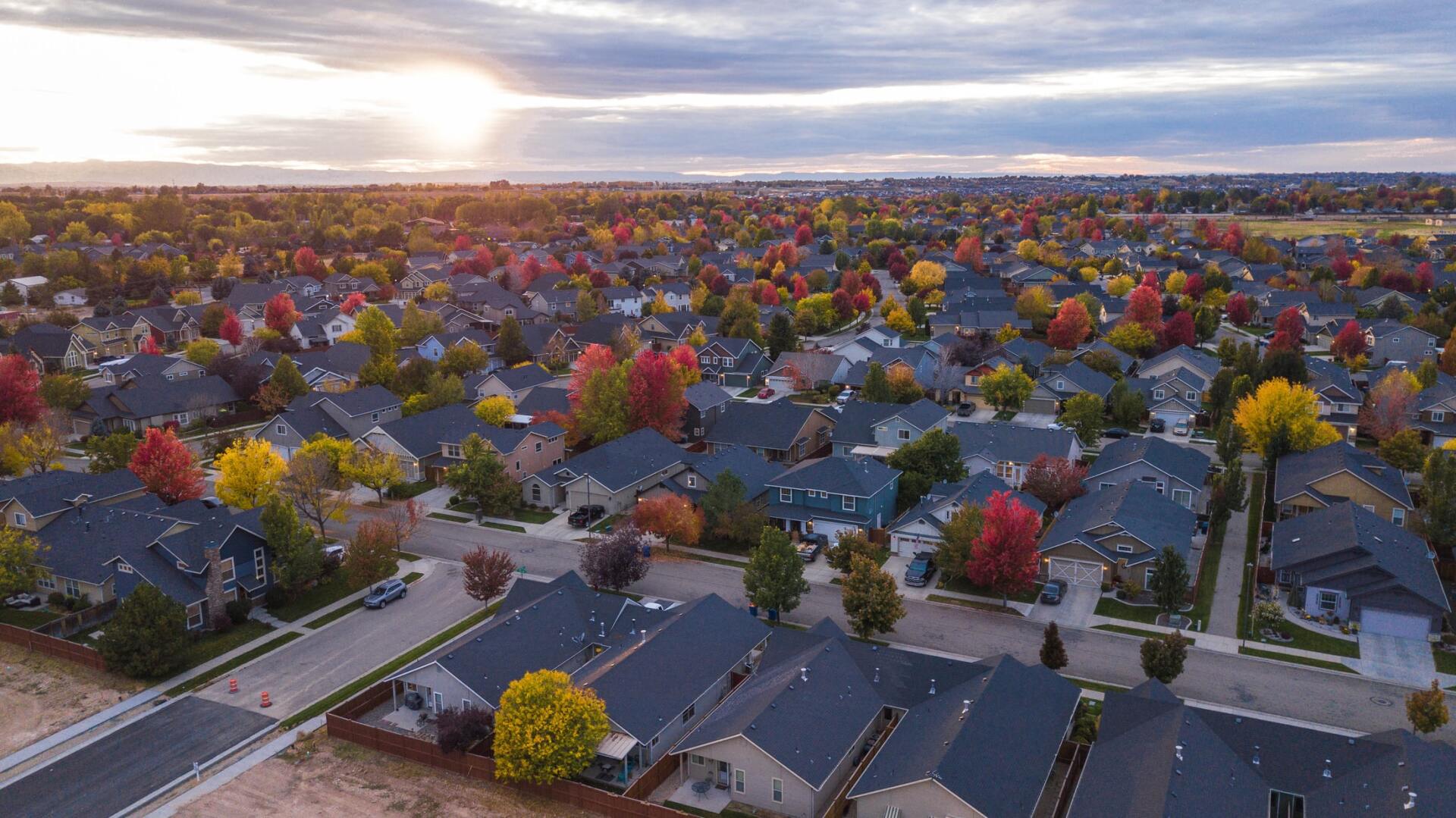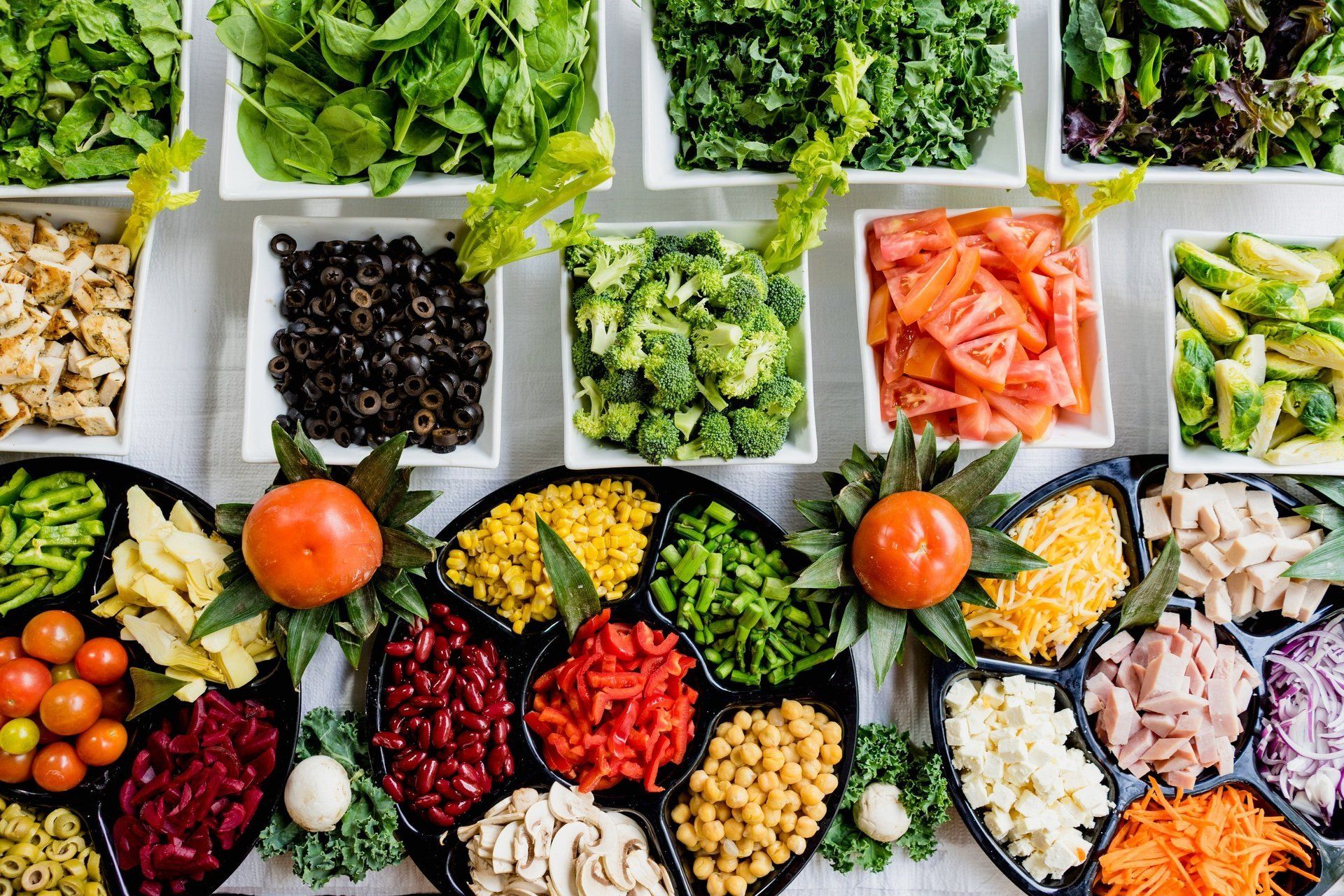- HOME
- LEARN
- TEACH
- TAKE ACTION
- WHAT YOU CAN DO
- PUT PEOPLE AND PLANET BEFORE PROFIT
- REPLACE OIL WITH RENEWABLE ENERGY
- EMBRACE A SUSTAINABLE LIFESTYLE
- CREATE NO-FISHING ZONES IN THE OCEAN
- FARM SMARTER AND EAT LESS MEAT
- PROTECT THE FORESTS
- RAISE PEOPLE OUT OF POVERTY TO SLOW POPULATION GROWTH
- CHANGE HOUSING AND HABITS
- CONSIDER TRANSPORTATION
- RETHINK TRAVEL
- OUR PARTNERS
- CONNECT
Farm Smarter & Eat Less Meat
WHEN IT COMES TO FOOD, THE TWO GREATEST CHALLENGES OF OUR TIME ARE:
1) Excessive production and consumption of meat
2) Food waste
While industrial agricultural claims that their merciless efficiency is the only way to feed a growing population, the truth is that we could easily solve world hunger and feed the entire human population by using our pre-existing resources more responsibly.
Currently, the farmers of the world produce enough to provide for 10 billion people (1.5 times the current human population)—so why do almost a billion people not have enough to eat?
FOOD WASTE
Approximately one-third of the food produced worldwide ultimately goes to waste
(accounting for 1.3 billion tonnes of food annually). Not only does this irresponsible management of resources mean that millions of people starve needlessly, but globally, this wasted, rotting food accounts for 8% of all greenhouse gas emissions. The carbon footprint of food waste just from the United States is greater than that of the entire, global airline industry.
An estimated 37% of wasted food is thrown away in households. Consumers in wealthy nations waste almost as much food as the
total amount of food produced in
sub-Saharan Africa. While these figures may appear grim, fortunately this means that the actions of individual consumers like you can have a huge impact in our efforts to curb global food waste!
FACTORY FARMS HURT THE ENVIRONMENT
The meat and dairy industry alone uses one-third of the Earth’s freshwater, and raising livestock takes up 45% of the planet’s total land (see cowspiracy's infographic), so we can easily see the resource-intensive nature of the animal agriculture industry.
Choosing meat and other animal products contributes to deforestation, species extinction, pollution, and global greenhouse gas emissions far more than a plant-based diet.
While these are certainly imposing challenges, we can have a massive impact by making relatively simple and intuitive changes to our individual and collective food choices.
Here are some steps that you can take to make a difference:
Eat Less Meat
Oftentimes, adopting eco-friendly habits is logical, accessible, and even enjoyable! For instance, you can explore new foods and recipes by embracing movements like
Meatless Monday (and who says we can’t have Meatless Saturday or even Meatless Thursday?), going flexitarian (a largely plant-based diet with moderate amounts of animal protein), or even trying your hand at vegetarianism or veganism!
Go local, choose organic
Whatever the extent of your plant-based diet, you can always ‘vote with your dollars’ and choose to purchase locally instead of supporting huge agricultural conglomerates with vast, disruptive supply chains. If you have the means, you can also choose organic produce to prevent chemical fertilizers and pesticides from harming the soil and contaminating our water supply.
Grow some of your own food
While not everyone has the privilege and means to peruse local farmers markets or buy pricey organic products, perhaps you could take matters into your own hands and grow your own produce! Not only is it a wonderful learning experience, but you could end up with a variety of healthy herbs, fruits, and veggies! Don't have a green thumb? Try your hand with
one of these kits or simply start by growing herbs in your kitchen window.
By giving some financial support to small-scale, local farmers so they can hire help and maintain their operations, in return you
get a big bag of fresh, local produce every week throughout the summer (maybe even in the spring and fall as well!). This is
an affordable way to obtain a lot of fresh produce—all while supporting your local community!
Click here for the CSA directory and see if there is one in your area.
Address your food waste
At the very least, EVERYONE is empowered to have a significant impact through taking control of their own food waste. This entails simple practices like buying only what you need and being cognizant of the contents of your fridge and pantry at any given time. See the video below for other tips that will to maximize your grocery shopping, your culinary suaveness, and your relationship to the planet.
Composting (and biogas digesters!)
You could set up a cheap, home composting system so your food waste doesn’t rot in some landfill, emitting methane. Or if you want to be extra fancy, you could get your hand on a biogas digester, which takes your food waste and converts it to valuable fertilizer for growing, and gas for heating and cooking!
Expiration dates are more like guidelines
For best guidelines, see this article from the Cleveland Clinic.You may be appalled (or delighted!) to know that expiration dates on our food products are far from infallible and we really ought to question their authority. A general rule of thumb is if it tastes ok, if it smells ok, it’s probably perfectly fine to eat!
Fun & useful things to do with your food waste!
For those moments when you are suspicious of funky food, there is also an abundance of fun, creative ‘hacks’ to using inedible produce and food scraps that are otherwise tossed out (like making bread pudding out of spoiled milk and and rock-hard, weaponizable baguettes!).
Move for Hunger has a lot of great suggestions!
Have a broader impact
While there are numerous ways to address global food issues on the individual level, feel free to imagine how you (as a student, worker, business-owner, teacher, etc.) can use your position to enact broader change. For example, consider the student-founded
“Food Rescue” at Uppsala University - Campus Gotland. By collaborating with a large grocery store, Stora Coop, they established a weekly event wherein students could buy leftover products at a massively discounted rate, thus reducing Coop’s food waste by two-thirds! Great for the grocery store, great for the hungry students, and great for the planet!
VIDEOS TO INSPIRE
Sustainably Vegan
100 WAYS TO REDUCE YOUR FOOD WASTE YOU HAVE TO TRY
Great tips on how to maximize your grocery shopping, your culinary suaveness, and your relationship to the planet.
Soil Health Institute
LIVING SOIL: A DOCUMENTARY
This 60-minute documentary features innovative farmers and soil health experts from throughout the U.S. Accompanying lesson plans for college and high school students will can also be found on this site.
Will Grant
TOP 4 REASONS TO JOIN A CSA I LOCAL ORGANIC FARM SHARE
Reasons to join a CSA as well as why what's healthy for humans is also healthy for the planet!
JOIN OUR PERIODIC NEWSLETTER
Thank you. We are delighted you have signed up for our newsletter. Don't worry, we won't be crowding your inbox unless it something newsworthy.
Please try again later







